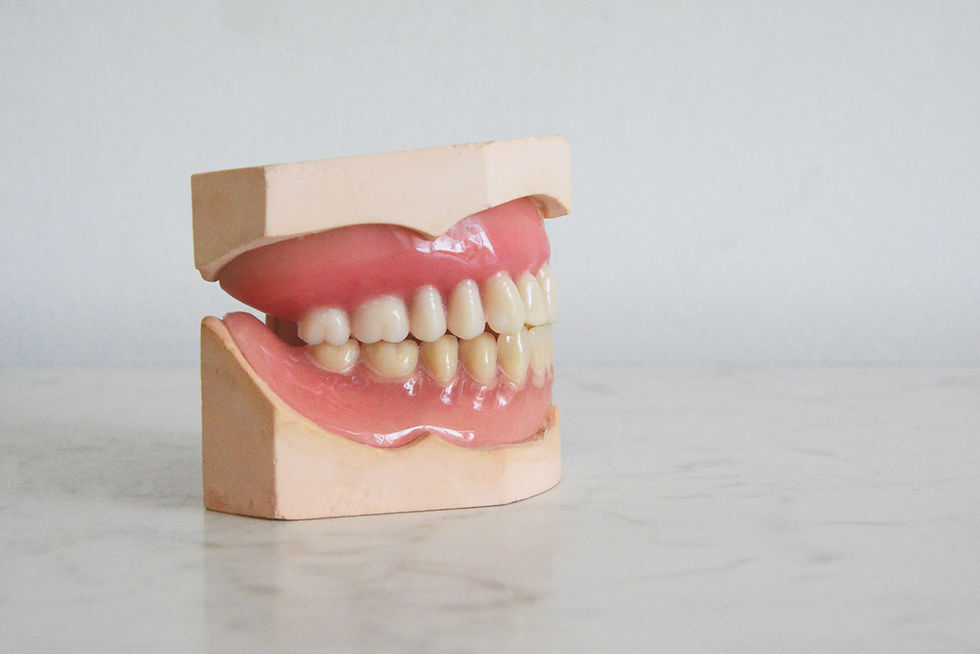THIS is the Biggest Reason Kids Don't Improve Speech
- Charlotte Barfoot
- Aug 11, 2022
- 2 min read
Now, I totally get it. You're busy busy busy with home life, trying to get dinner on the table, nappy on the baby, and preserve your very sanity.
And then you realise the night before speech therapy... you haven't practiced your child's homework with them. And the session's tomorrow.
Actual face of parent after asking if they practiced their speech homework.
And their child's response to the same question.
As if you didn't have enough on your plate!
Maybe your speech therapist will go down the guilt-tripping path, explaining how of the 168 hours in a week, you only attend speech for 45 mins and how important home practice is.
But you already know this. And that's not really helpful when you've got jobs to do, mouths to feed, and life to live.

In case you needed a pie chart
Something Helpful
(Maybe)
So, in creating any new habit, which is what speech and language therapy practice is, we must look for the 'life hacks' that are going to get us practicing during the week.
Ideally, we would be trying to do a little each day (keeping in mind each individual speech and language problem will require different treatment intensity, duration, dose, and frequency, depending on the diagnosis).
Here's where a nifty book called Atomic Habits comes in.
You don't even have to read it.
I've read it. And I use the advice daily. And no, I don't get any compensation from recommending it, but I do get a thrill when you go to see your friendly speech pathologist and home practice has made a difference.
Show Me the Life Hacks
Ready to know more? Here's the breakdown.
> Habits are easier to form when they're easy and obvious
Put the homework on the fridge, in the toilet, on the front door... not in "the pile" or "the drawer" (we all have them.)
> Habits are better formed with a specific cue (think: when will I do this? where?)
"I will help Jonny with his speech home practice at dinner time at the kitchen table."
> Complete with another habit or routine for maximum habit-stacking goodness
"I will help Jenny with her speech home practice when we're packing her school bag in the morning."
> Beating yourself up for not doing the homework doesn't help
We therapists usually 'check in' to see if you had a chance to practice but there's no shame or guilt in not getting the work done at home. We're human too!
We do, however, want to know how much of our therapy will be review and how much will be teaching new targets.
Above all, I find it useful to remember practice most certainly doesn't make perfect, but it does (often) make "better" and these are the gains you signed up for to see in the first place.
You got this!




Comments